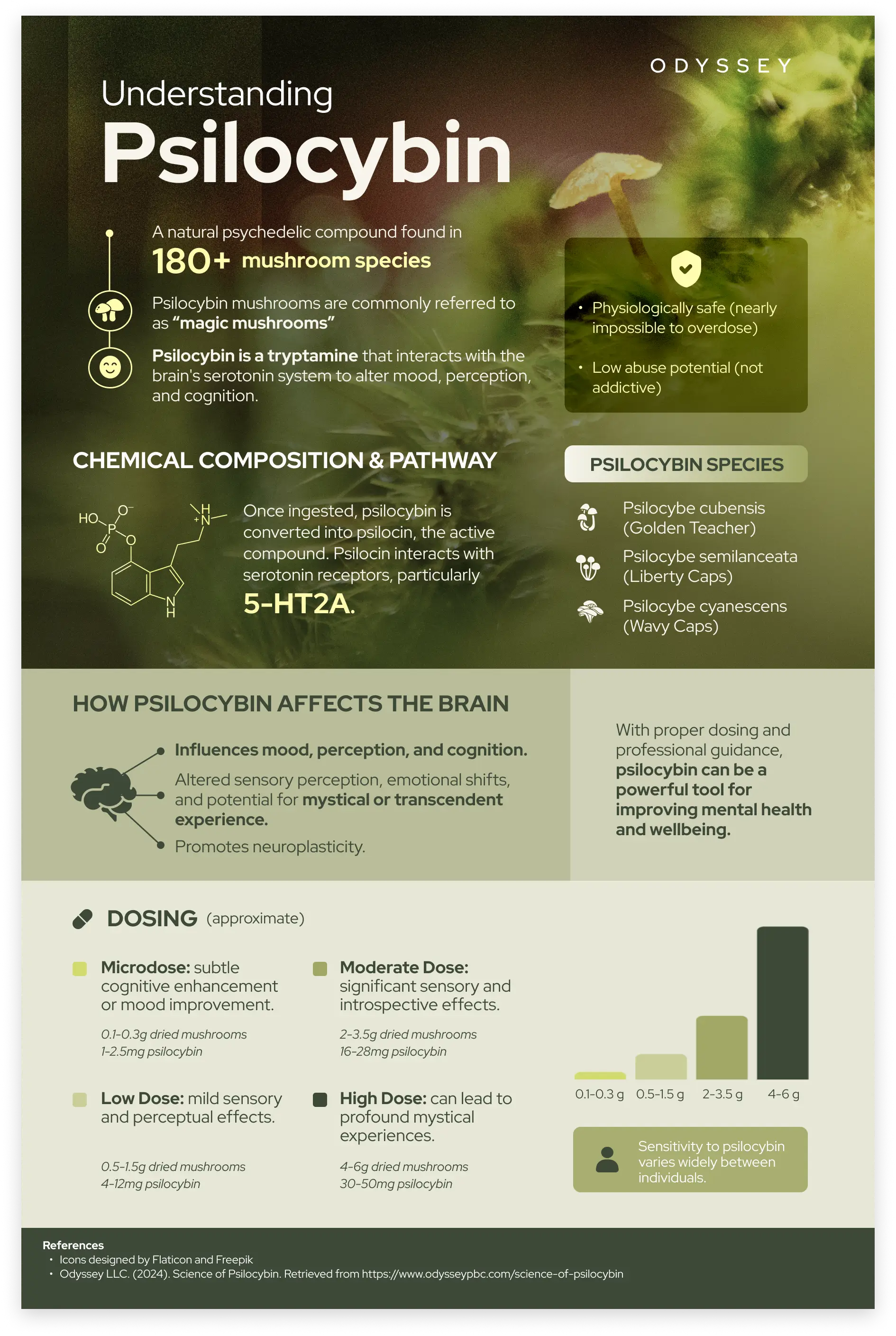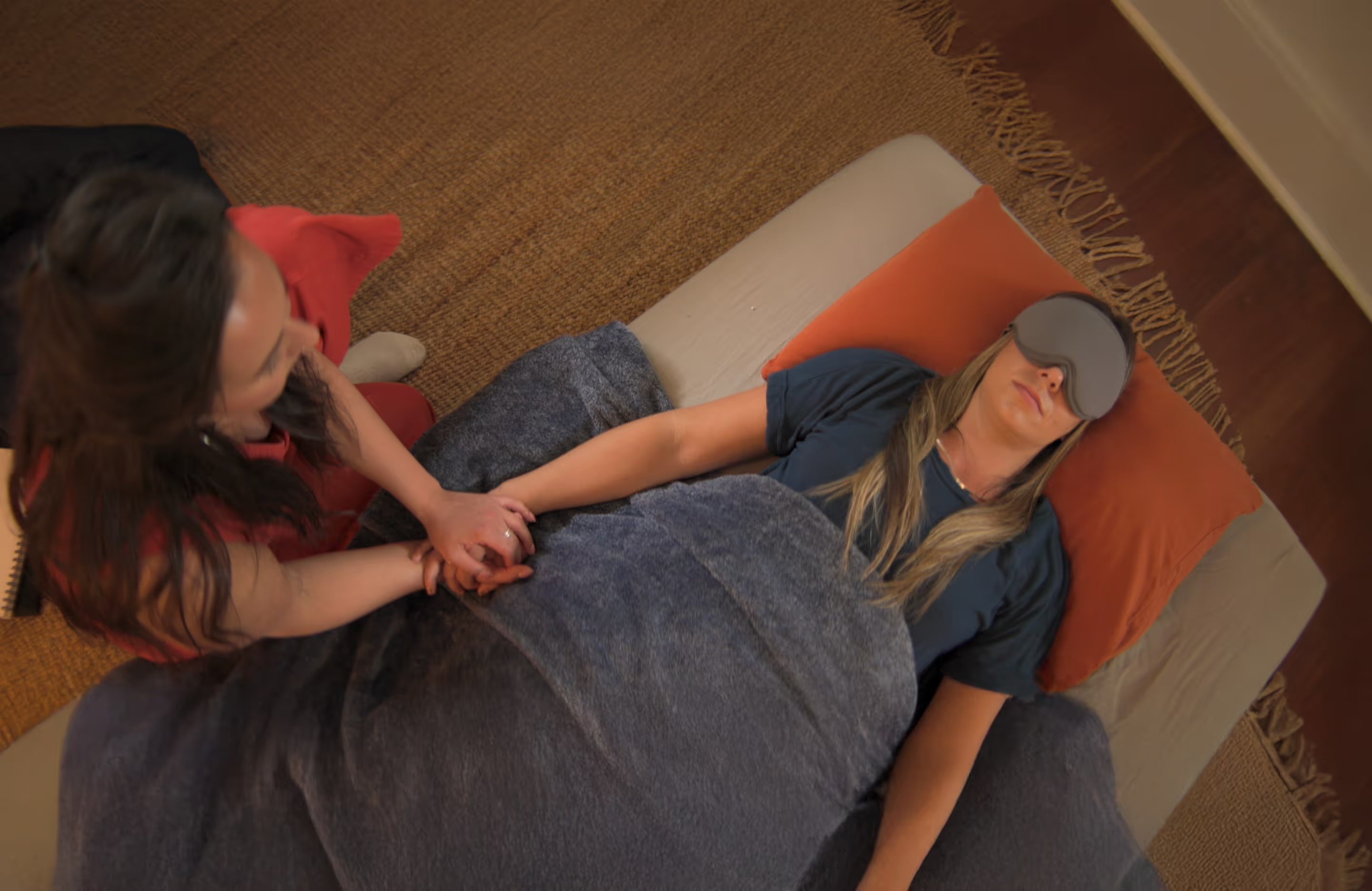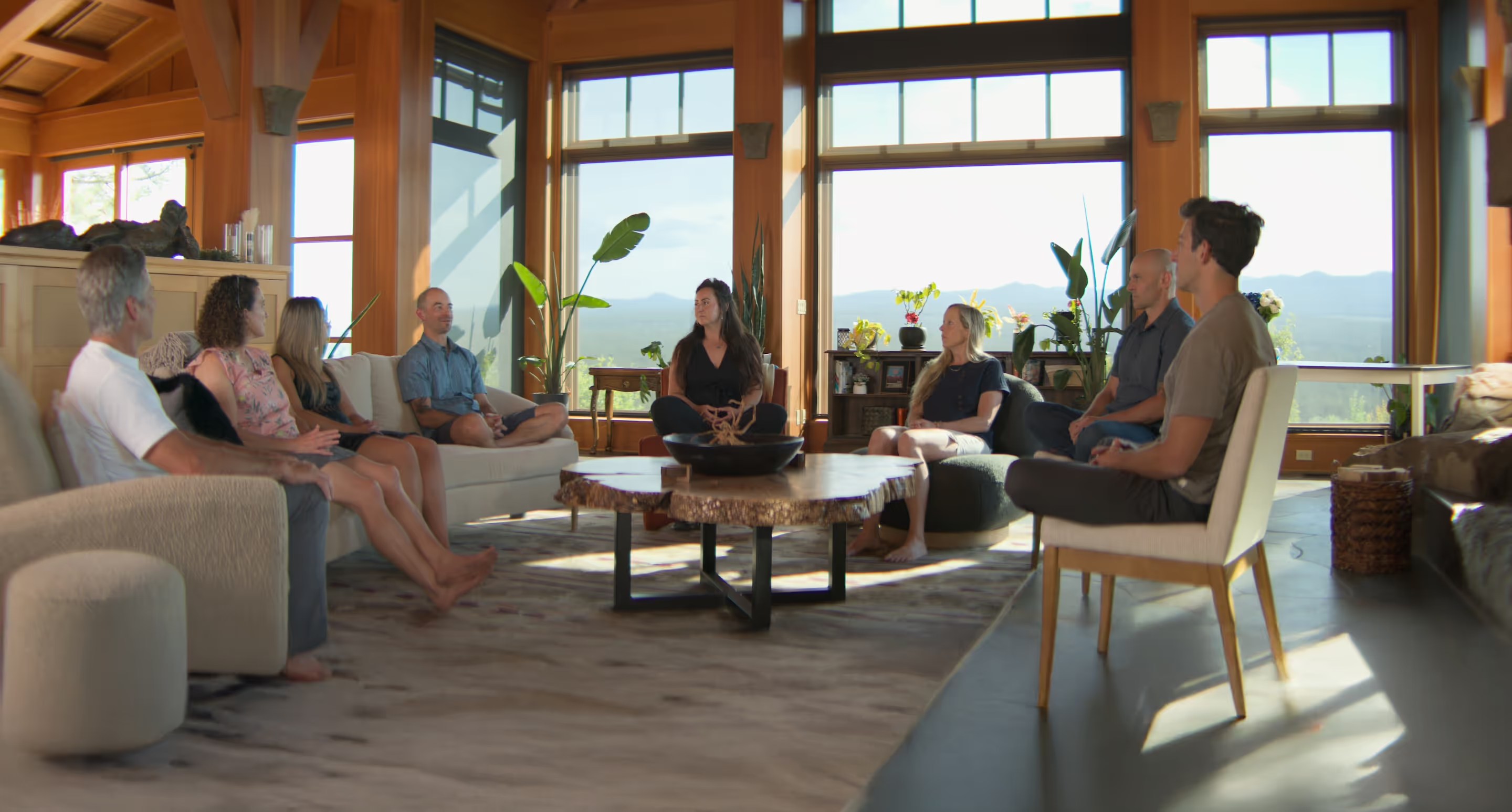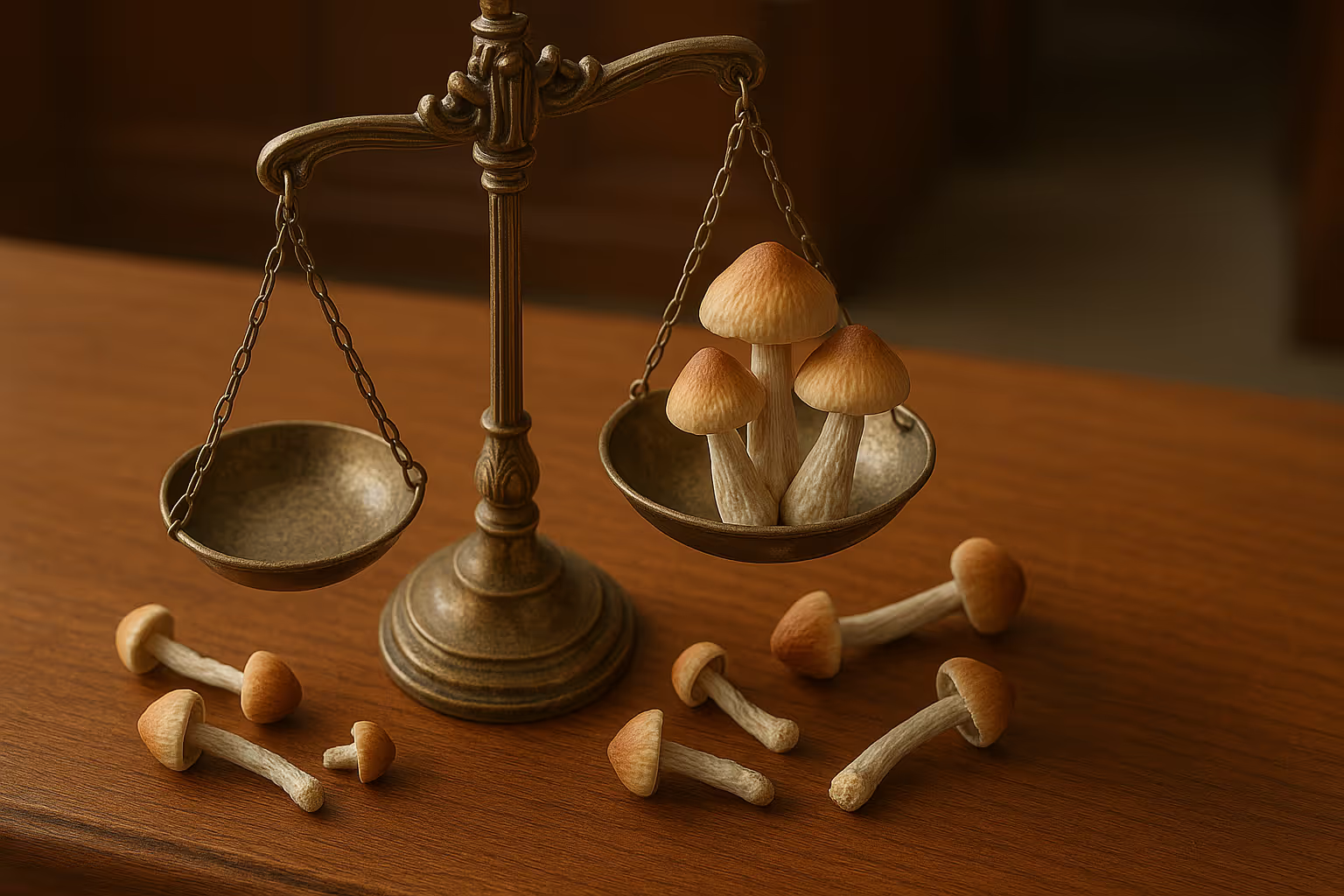Ultimate Guide to Psilocybin Therapy in California

Psilocybin, the psychoactive compound found in several species of mushrooms, is at the forefront of mental health research due to its potential therapeutic benefits. While states like Oregon and Colorado have already legalized or decriminalized psilocybin for medical use, California is still navigating the legal and clinical frameworks for these therapies. In this guide, we will explore the current status of psilocybin in California, the legal landscape, and its therapeutic potential for mental health conditions. By the end, you’ll have a clearer understanding of what psilocybin therapy entails and how it might be accessed legally in the future.
What is Psilocybin (“Magic Mushrooms”)?
Psilocybin is a naturally occurring psychedelic compound found in various species of fungi, most notably within the genus Psilocybe. Chemically classified as a tryptamine derivative, psilocybin is a prodrug, meaning it is biologically inactive until metabolized by the body into its active form, psilocin. Once ingested, enzymes in the liver and intestines rapidly convert psilocybin into psilocin, which is responsible for its psychoactive effects.

Psilocin interacts primarily with serotonin receptors, specifically the 5-HT2A receptor subtype. These receptors are densely located in the prefrontal cortex and other brain regions associated with mood, cognition, and perception. By activating these receptors, psilocin induces altered states of consciousness.
In addition to its influence on serotonin receptors, psilocybin has been found to modulate neural connectivity. Functional imaging studies, such as fMRI and EEG, have shown that psilocybin temporarily disrupts communication patterns within brain networks, particularly reducing activity in the default mode network (DMN)—a network associated with self-referential thinking and rumination. This shift in neural activity may contribute to the profound cognitive and perceptual changes observed during a psilocybin experience.
Historically, psilocybin has been used in spiritual and medicinal contexts by indigenous cultures, particularly in Mesoamerica. In modern research, it is being explored for its potential therapeutic applications, although it remains classified as a Schedule I substance under federal law in the United States, which limits its use outside of clinical trials.
Read: Psilocybin Retreats in California: What to Know
What is Psilocybin Therapy?
Psilocybin therapy refers to the therapeutic use of psilocybin within a structured, supervised environment. This psychedelic experience combines the effects of psilocybin with psychotherapeutic support, facilitating deep emotional and psychological exploration.
The Process of Psilocybin Therapy
The therapeutic process is generally broken down into several stages to ensure both safety and effectiveness. Here’s an example of how a psilocybin therapy process might look:
- Exploratory Call: A new participant begins with an exploratory call with a trained facilitator. This call focuses on understanding the participant's background, mental health history, and therapeutic goals. This initial conversation also helps to establish rapport between the participant and the facilitator, a critical component for creating a supportive environment during the therapy.
- Health Screening: After the initial consultation, a participant may undergo a comprehensive health screening. This step is crucial for identifying any potential medical risks that could interfere with psilocybin therapy. Certain chronic conditions or prescription medications can increase risk, and facilitators use the screening results to ensure the safety of participants. Concerns or restrictions are communicated clearly at this stage to avoid complications during the session.
- Preparation: If the health screening raises no concerns, one or more preparation sessions are scheduled. These conversations provide another opportunity for participants to ask questions, ensure their comfort with the process, and confirm that they are ready to move forward. The facilitator may also use this time to finalize logistical details, set expectations for the therapy session, and review any preparatory work that needs to be completed beforehand.
- Psilocybin Session: The psilocybin session may be part of a single day experience or multi-day experience, depending on whether it's in the context of a private session or group retreat. Participants ingest a controlled dose of psilocybin under the guidance of their facilitator, who remains present to assist and provide support. Throughout the session, participants are encouraged to explore their thoughts and emotions in a reflective and introspective manner. The facilitator helps them navigate challenging experiences and ensures that the session stays constructive and safe.
- Integration: Following the psilocybin session, participants engage in an integration phase. This stage involves post-session discussions with the facilitator, focusing on making sense of the experiences and insights gained during the psilocybin session. Integration is crucial for translating these experiences into meaningful changes in daily life. The goal is to help participants apply the lessons learned from their therapy to their ongoing mental health journey.
Read The Safety of Psilocybin Therapy

The Benefits of Psychedelic-Assisted Therapy
Psilocybin therapy has gained considerable attention in the scientific community due to its potential to address a range of mental health disorders that are often resistant to traditional treatments.
Neuroplasticity and Cognitive Flexibility
Psilocybin has been shown to enhance neuroplasticity, the brain’s ability to reorganize itself by forming new neural connections. This increased neuroplasticity helps individuals break free from rigid patterns of thinking and behavior that often underlie mental health conditions like depression and anxiety. Studies indicate that psilocybin stimulates serotonin receptors, particularly the 5-HT2A receptor, which plays a critical role in mood regulation and cognitive flexibility. This activation encourages a temporary rewiring of brain circuits, helping individuals gain new perspectives on their mental health struggles.
Read: Psilocybin and Neuroplasticity: Research & Benefits
Therapeutic Potential for Depression
One promising potential application of psilocybin is for patients with depression, both Major Depressive Disorder (MDD) and Treatment-Resistant Depression (TRD). Traditional antidepressants often take weeks to show effects, and many patients do not respond to them at all. Psilocybin, on the other hand, has demonstrated rapid and sustained reductions in depressive symptoms following just one or two sessions. Clinical trials, such as those published in The New England Journal of Medicine, report that a single high-dose psilocybin session, combined with psychological support, can result in significant mood improvement for several weeks or even months. This makes it a valuable option for individuals who have exhausted conventional treatment methods.
Anxiety and Existential Distress Relief
Psilocybin has also been effective in reducing anxiety, including generalized anxiety disorder, particularly among individuals facing terminal illness or life-threatening diagnoses. Research published in JAMA Psychiatry has shown that patients with cancer who were treated with psilocybin therapy reported a profound reduction in existential distress, anxiety, and depression. The psychoactive effects of psilocybin allow these patients to confront their fears about death and mortality, leading to a greater sense of peace and acceptance. This suggests that psilocybin may have important implications for palliative care and end-of-life counseling.
Addiction Recovery and Substance Abuse Treatment
Psilocybin’s effects also show promise in treating addiction and substance use disorders. Studies indicate that psilocybin-assisted therapy may help individuals overcome addictions to nicotine, alcohol, and even opioids. By disrupting habitual thought patterns, psilocybin enables individuals to reframe their relationship with the substance to which they are addicted. For example, a study conducted by Johns Hopkins University showed that 80% of participants in a psilocybin-assisted smoking cessation program remained abstinent for six months after treatment—a significantly higher success rate than traditional methods.
Improved Emotional Regulation and Trauma Processing
Psilocybin is also being explored as a potential treatment for post-traumatic stress disorder (PTSD) and other trauma-related disorders. By altering brain activity in regions responsible for emotional regulation, such as the amygdala and prefrontal cortex, psilocybin may help patients process and release deeply rooted trauma. In clinical trials, participants often report experiencing emotional "breakthroughs" during sessions, allowing them to confront and reprocess difficult memories in a safe and supportive environment. This improved emotional regulation can lead to long-term mental health benefits.
Long-Lasting Psychological and Behavioral Changes
Another significant benefit of psilocybin therapy is the potential for long-lasting positive changes in mood, behavior, and personality. Unlike traditional psychotropic medications that require daily doses to maintain effects, psilocybin sessions are typically few in number but have lasting impacts. Research shows that many patients continue to experience positive emotional and cognitive changes for months after their last session. This long-term efficacy makes psychedelic-assisted therapies an attractive option for individuals seeking lasting relief from mental health challenges.
Read: Psilocybin Therapy for Depression and Psilocybin Therapy for Obsessive-Compulsive Disorder (OCD)

The Legal Status of Psilocybin in California
As of February 2025, California's legislative efforts to regulate psychedelic-assisted therapy have seen significant developments, particularly with Senate Bill 1012 (SB 1012). Introduced in February 2024 by Senator Scott Wiener, along with principal coauthors Assembly Members Josh Lowenthal and Marie Waldron.
Senate Bill 1012
Senate Bill 1012, known as the "Regulated Psychedelic Facilitators Act and the Regulated Psychedelic Assisted Therapy Act." This bipartisan bill aimed to establish regulated, licensed psychedelic services in California for adults aged 21 and older. The proposed legislation would have created a professional licensing board, the “Board of Regulated Psychedelic Facilitators” and a “Division of Regulated Psychedelic-Assisted Therapy” to oversee the safe and ethical use of psychedelic substances.
SB 1012 sought to address several key aspects:
- Licensing and regulation of psychedelic facilitators
- Establishment of education and training requirements
- Creation of a public-private fund for education and safety
- Implementation of guardrails against conflicts of interest
Despite progressing through several committees, SB 1012 stalled in the Senate Appropriations Committee due to California's budget deficit. The bill's potential financial impact, including costs for establishing and maintaining the regulatory board, proved to be a significant obstacle. Its official status as of October 2024 is “Held in committee and under submission.”
Decriminalization
Despite these legislative efforts, as of early 2025, psilocybin remains illegal in California at the state level. However, several cities, including Oakland, Santa Cruz, Arcata, San Francisco, and Berkeley, have enacted local measures decriminalizing the possession and use of psilocybin and other entheogenic plants.
Decriminalization in these cities means that while psychedelic mushrooms remain technically illegal, individuals are unlikely to face arrest or prosecution for possessing small quantities for personal use. This trend reflects a growing recognition of the potential therapeutic value of psilocybin and other psychedelics, as well as a shift toward harm-reduction approaches in drug policy.
The Best Psilocybin Services in California
While psilocybin-assisted therapy is not currently legal in California, individuals interested in this transformative experience can still explore legal options in states where psilocybin services are permitted, such as Oregon. For those looking for safe and professionally guided experiences, Odyssey offers both group retreats and private sessions that are fully legal and regulated. Their approach is rooted in evidence-based practices, ensuring participants can safely explore psychedelic mushrooms’ therapeutic benefits under expert guidance.
Patient Experiences & Outcomes
While psilocybin therapy is gaining recognition for its potential to support personal growth and healing, the key to a successful experience lies in choosing the right setting and facilitators. Below are a few testimonials from Odyssey participants who experienced profound transformations during their psilocybin sessions:
Connor:
“I was diagnosed with OCD 21 years ago. Since then I have tried so many different treatments and therapies that I have lost count. I have been in weekly therapy for the past 5+ years and on a heavy SSRI dose.
Odyssey’s experience has changed my life. I’m now 5 weeks post-ceremony, and only can I tell a difference in my symptoms, but everyone around me can. My first week back, my therapist couldn’t believe the difference. For the first time in many years, I can take a shower with no assistance. This has easily given me back an hour of every day.
I’m so thankful for Odyssey and the experience they helped facilitate for me. It has helped me be a better father, husband, sibling and friend. I encourage anyone who could benefit (and I think that’s nearly everyone) to explore the opportunity and see if it could offer them similar benefits. They might just be weeks away from the life they were meant to live.”
Gentry:
“This was the single most meaningful experience of my life. I feel like I'm now the person I've always been but didn't realize it until now
The experience can be very challenging and should be done in a controlled environment. I honestly don't know how I would have managed had I been on my own. Odyssey absolutely nailed everything.”
Laura:
“This experience, while challenging, was also imbued with a sense of peace, bliss, and a serene calmness that enveloped me in a way I've never felt in my almost 50 years of existence. I experienced an intense feeling of love, a deep connection with my loved ones, and a profound oneness with the world around me.
I can confidently say it has been a pivotal turning point in my life. I find myself more in touch with my emotions, often moved to tears not by sadness, but by an overwhelming sense of happiness and gratitude. This heightened emotional awareness has brought a sense of lightness, a pervasive happiness that colors my daily life.
My experience with Odyssey has been overwhelmingly positive and I feel fortunate to have connected with Gabriel and his team. Their dedication to healing and personal transformation is evident, and I believe they are making significant strides towards making a positive impact in the world.”
Group Retreats
For those seeking to explore psilocybin in a supportive group environment, Odyssey's retreats provide the ideal setting. These retreats are carefully designed to promote both individual and collective growth, taking place in natural, peaceful locations that enhance the therapeutic experience. Each group retreat is facilitated by experienced professionals, ensuring a safe and structured environment for participants.
Group retreats typically last several days and include pre-retreat preparation, psilocybin sessions, and post-retreat integration. Participants benefit not only from the psilocybin experience but also from the shared camaraderie of going through the journey with others. Pre-retreat meetings help participants clarify their intentions, while integration sessions after the experience allow for deeper reflection and processing.
Private Sessions
For those looking for a more personalized approach, Odyssey offers private psilocybin sessions tailored to individual needs. These one-on-one sessions provide a focused, intimate experience that allows for deep exploration of personal issues or traumas. With the help of a dedicated facilitator, participants receive individualized attention throughout their psilocybin journey.
Private sessions offer a customized therapeutic plan, from pre-session consultations to post-session integration. Odyssey’s facilitators ensure the environment is conducive to the participant’s comfort and safety, guiding them through every step of the process. The goal is to create a deeply personalized experience that aligns with the participant’s therapeutic goals and fosters long-term healing and personal growth.
Why Choose Odyssey?
Both group retreats and private sessions at Odyssey are based on best practices used in psychedelic therapy clinical trials and research studies, ensuring that participants are supported throughout the entire process. With a focus on safety, science, and professionalism, Odyssey provides a comprehensive approach to psilocybin-assisted services. For those in California seeking these benefits, Odyssey’s offerings in legal states such as Oregon and Colorado provide an accessible path to explore the transformative power of psilocybin in a safe and supportive environment.
For more information, visit Odyssey to learn about upcoming retreats and private session availability.
Conclusion
Psychedelic therapy is a promising new route to treatment for mental illness, with early research signaling its efficacy in treating conditions like depression, anxiety, and post-traumatic stress disorder. While it remains illegal in California, ongoing research and legal advocacy are pushing for regulated, safe access in the future. For now, individuals seeking this transformative therapy can explore legal options in states like Oregon through trusted providers like Odyssey. Staying informed about the evolving legal landscape and prioritizing safe, professional environments are key to accessing the full potential of psilocybin therapy.
FAQs
Is psilocybin therapy legal in California?
- Psilocybin therapy is not yet legal in California, but efforts to decriminalize and regulate its use are ongoing. Some cities have decriminalized possession, but the state has yet to legalize therapeutic use.
What is psilocybin therapy?
- Psilocybin-assisted therapies involve using psilocybin, a psychedelic compound in magic mushrooms, under professional guidance to treat mental health illnesses like depression and anxiety.
How can I access psilocybin therapy in California?
- Currently, psilocybin is not legally available in California. However, you can explore legal options in Oregon or other states where psilocybin therapy is permitted through services like Odyssey.
What conditions can psilocybin therapy help with?
- Psychedelic-assisted therapy has shown promise as a mental health treatment for conditions such as depression, anxiety, PTSD, and addiction, especially for those who haven't responded to traditional treatments.
What are the potential risks of psilocybin therapy?
- Psilocybin therapy can involve side effects like anxiety, nausea, or psychological distress, especially if not conducted in a safe, controlled environment with professional supervision. It can be advisable to consult a mental health professional prior to using any psychedelic drugs.
Where else is psilocybin therapy legal?
- Psilocybin therapy is legal in Oregon and some other jurisdictions. States like Colorado have also passed laws to allow regulated psilocybin use for therapeutic purposes. Sign up for Odyssey to get first access to legal, evidence-based experiences in these areas.
How much does psychedelic therapy cost?
- The cost of psychedelic-assisted therapy varies depending on the provider and the type of session, ranging from a few hundred dollars to several thousand for retreats or multiple sessions.
Can I grow psilocybin mushrooms in California?
- No, growing psychedelic mushrooms remains illegal in California, and doing so can result in severe legal consequences under current state law.
Read related articles:
- Are mushrooms legal in California?
- Psilocybin Retreats in California: What to Know
- Psilocybin in Washington: What to Know
- Considering a Colorado Psilocybin Retreat? Here's What You Need to Know

.svg)









.svg)